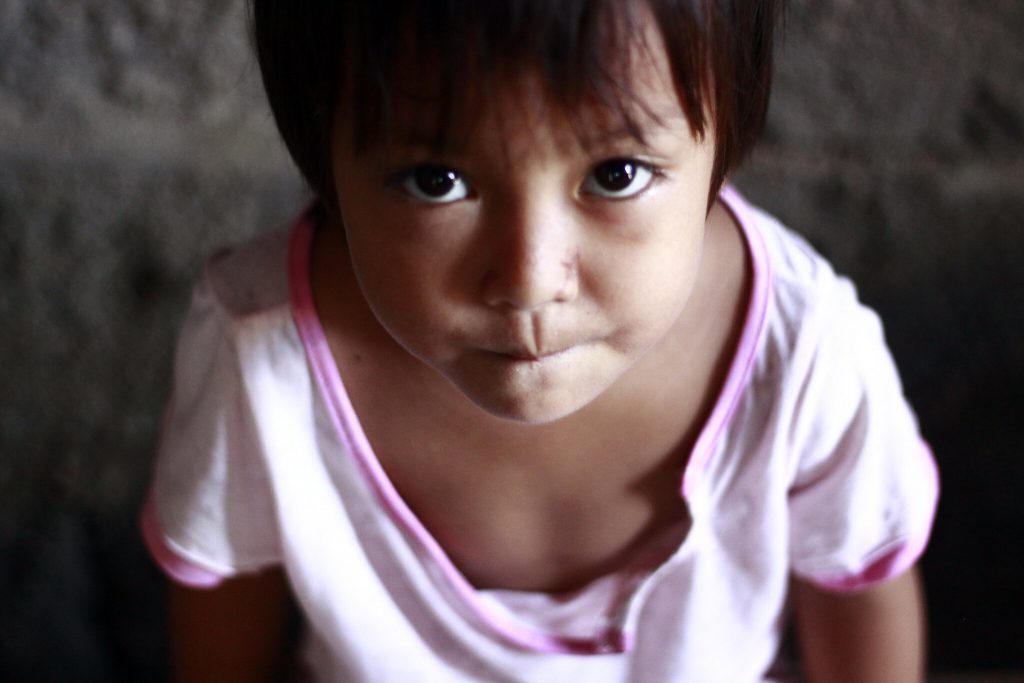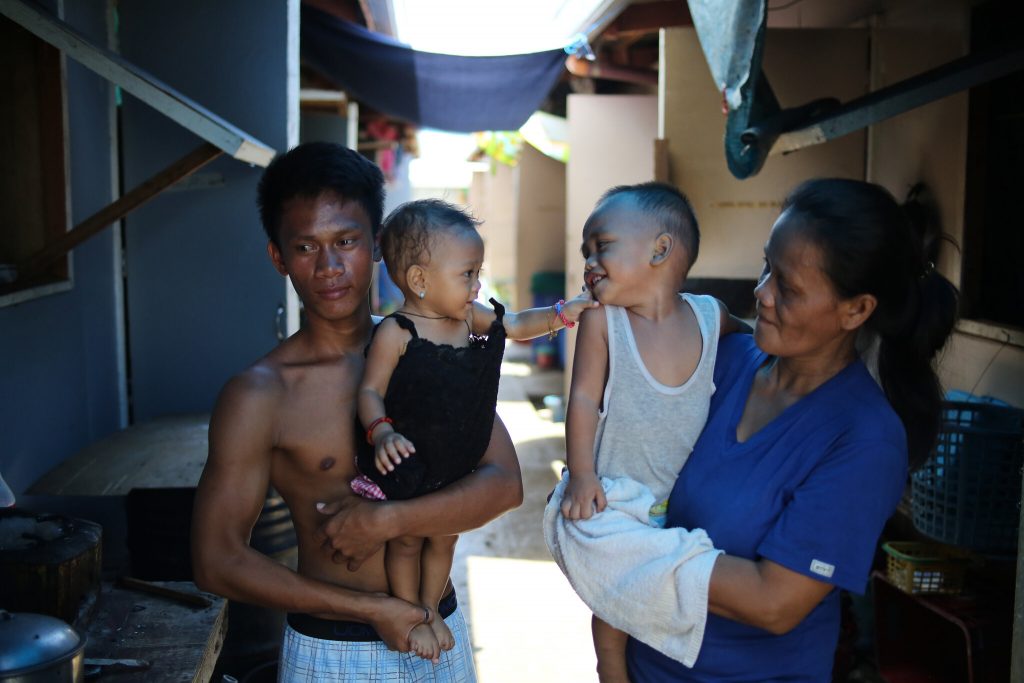GPSA projects
Improving the Transparency and Performance of the Conditional Cash Transfer program
Project: Guarding the Integrity of the Conditional Cash Transfer Program for the Philippines
Country: Philippines
Sector: Governance, Social Protection
Executing Agency: Concerned Citizens of Abra for Good Government (CCAGG)
Grant Amount: $800,000
Closing Date: March 2018


Frame and Challenge
In the Philippines, nearly two fifths of workers are either self-employed or unpaid family workers. The Philippines’ service sector remains the main source of employment, and provided nearly 70% of new jobs at the outset of this CCT-oriented Grant. In 2008, the Philippines’ Department of Social Welfare and Development (DSWD) began to implement a new Conditional Cash Transfer (CCT) initiative to improve the education and health outcomes of poor households. Entitled the Pantawid Pamilyang Pilipino Program (4Ps), this Bank-supported initiative grew from covering 6,000 households in 2008 to four million in 2014. The 4Ps was designed to include partnerships with CSOs and activities which involved beneficiary communities. CSO and community involvement was reflected in CSO participation in national and municipal advisory committees, independent groups’ role in performing checks of CCT performance, and official established grievance mechanisms.
However, these activities failed to adequately empower communities to monitor the 4P and provide feedback to local health and education boards and the DSWD. In the Northern Luzon region, CSOs usually have limited knowledge and skills to develop and apply social accountability tools to monitor beneficiary experiences and feedback to the DSW. Family Development Sessions (FDSs), community-based platforms for sharing information on the 4Ps and collecting community feedback, also face serious weaknesses. More specifically, parent leaders participating in the FDSs lack the necessary skills to mobilize communities, engage with local governments and service providers, and develop action plans to improve public services.
Solution
The Concerned Citizens of Abra for Good Government (CCAGG), an NGO active in the social accountability arena in the for the last 25 years, was awarded a GPSA grant to support CSOs and FDSs in Northern Luzon developing and applying SA tools to improve the 4Ps, and share lessons enabling replication of good practices across the country.
This will be done by implementing three components that are geared towards:
- tracking funds and monitoring CCT programs to ensure transparency;
- empowering citizens to use social accountability mechanisms and participate in district-level meetings with local authorities;
- strengthening the capacity of CSOs to organize and form a coalition that is active in the CCT program; and
- collect and curate knowledge to improve project design and share lessons learned.
The components will strengthen the integrity of the CCT Program through trusted partnerships at the community level.
Outcomes
Improvements in CSO and citizen feedback were expected to improve the 4Ps and services for poor households in project areas. Key milestones and results include:
- Locally signed social contracts have led to positive engagement and increased trust between citizens and local governments, who now feel more responsible for properly implementing the CCT.
- Service delivery has improved:Exorbitant collection of school fees has stopped and medicines are being distributed more effectively.
- Trained Parent Leaders assist CCT beneficiaries in complying with program conditions, positively affecting how they value their personal health and education.
- The Community Scorecard tool has been adopted as a regular feature of CCT implementation in other regions of the country.
Lessons Learned
Takeaways throughout and as a result of the 2013-2018 project include:
- The design of this grant benefitted from the lessons learned from CCAGG’s work in the use of Memorandums of Understanding (MoUs) as an instrument to structure and help guide engagement with local authorities.
- Adaptive learning took place as monitoring tools such as TPMs and BMs were revised and improved based on feedback from LCSOs and Parent Leaders received throughout the Project.
- “Batch” 2 and batch 3 LGUs (Local Government Units) benefitted from scheduled discussion and workshopping with batch 1 LGUs, who enjoyed Project benefits first and could provide insight on proper monitoring and documentation.
Learn more
To learn more about the project implemented by the CCAGG and other work in the Philippines, check out the following links:
Bank Project in the Philippines: Conditional Cash Transfers
GPSA Project: CheckMySchool
